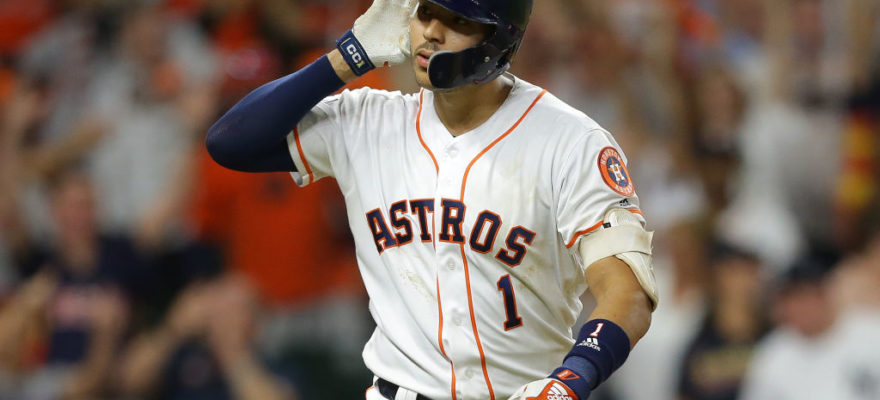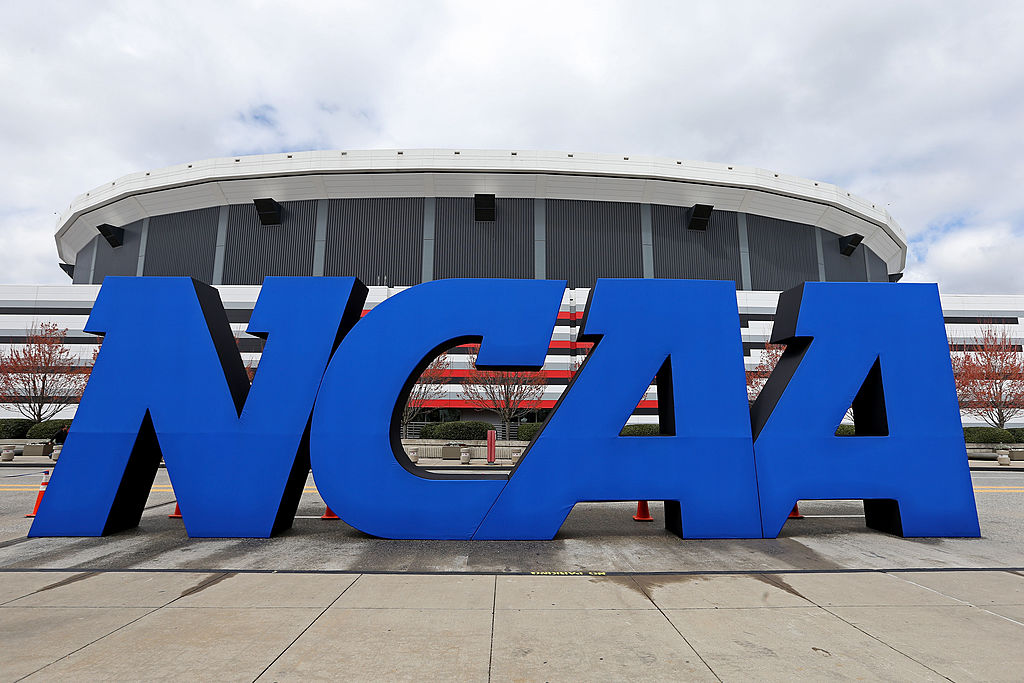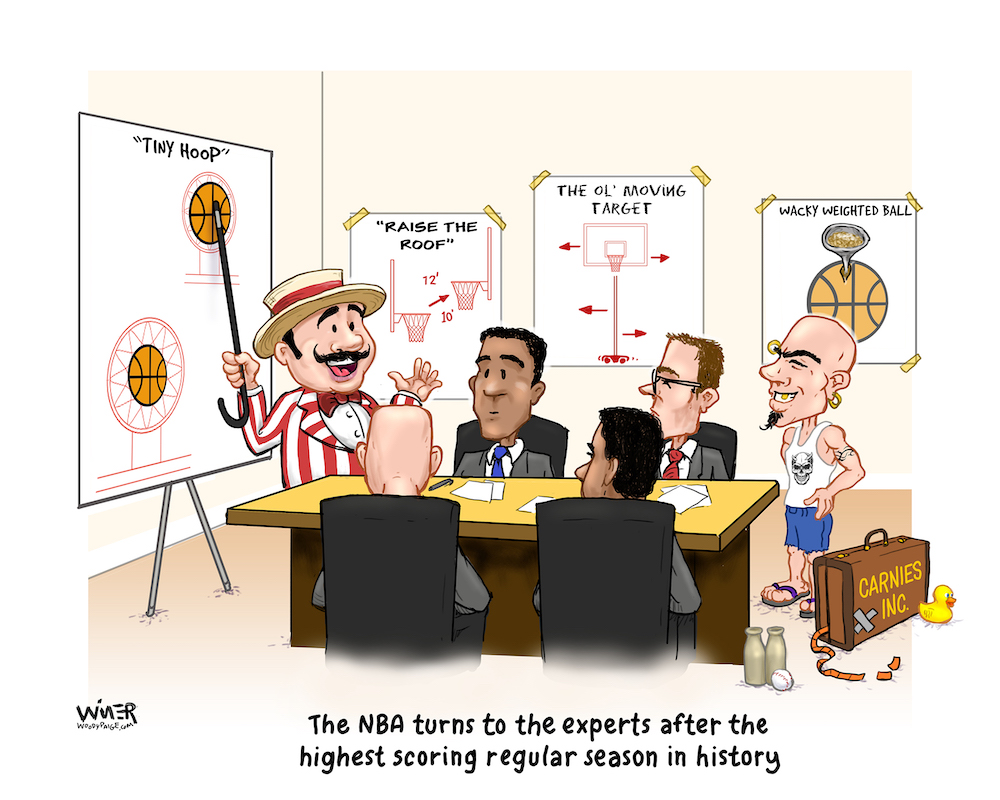“Hell hath no wrath like a baseball fan scorned.”
The Houston Astros are finding that to be very much the case.
As the Astros open Spring Training to a chorus of cat calls and derogatory signs (most swiped by stadium security, which might be the new definition of irony) they’re getting a taste of what’s in store for them for much of upcoming season.
Baseball fans are pissed.
It’s not just the cheating that bugs most of the fans anymore, it’s the lack of disciplinary action taken against the players who were involved in the scheme, which went unchecked for most of three seasons. Three managers – including two who were former Astros during the time – have lost their jobs, plus a General Manager. And the organization was fined. That’s it. We’ve been told that the players were given immunity for cooperating with the investigation.
So, and I’m just spit balling here, what if MLB’s investigation concluded that one of the entities most responsible for this mess was…MLB?
Let’s go back a dozen years.

As technology advanced and viewers of baseball were given more access to high definition, super slow motion replays, MLB had little choice but to finally join the other major sports and implement the use of instant replay in order to make sure umpire calls on the field were accurate. It started out with just a few boundary calls but eventually increased to a full blown replay review system in time for the 2014 season, complete with ‘managers challenges’, with all plays in question being reviewed by the hierarchy in a command center in New York City.
So, in order for this system to work, there needed to be monitors and team personnel available in close proximity to the dugout so word could get to the manager quickly as to whether or not a call should be challenged.
Televised baseball has always featured a center field camera that could easily show the catcher giving signals to the pitcher.
Now that view was not only available in the clubhouse, but in most cases, in a room much closer to the dugout.
Wasn’t it just a matter of time before the guy watching the monitor noticed that he knew what pitches were coming before they were thrown? And how long before others in the dugout noticed this as well and started wondering: what if I knew the pitch that was coming when I was at bat?
It appears the answer to that question was: Three years. It was three years late when the Astros reportedly began using MLB’s video technology to cheat the game.

To take this a step further, is it smart to assume that Houston was the only team that figured this out and took advantage of this new opportunity? Believing that would be pretty naïve.
The Red Sox were actually the first team to be reprimanded for using video review tech to try to steal signs back in 2017.
It’s much more likely that more than a few other MLB teams were doing similar things. Maybe not to the same extent as the Astros, but in some fashion, using the MLB video system to try to steal signs.
So we ask again: Does MLB bear at least some of the responsibility for this fiasco?
It didn’t have to end up like this. There was – and is – a better way to do instant replay that would solve the “manager’s challenge” problem and return the game to the capable hands of the umpires without monitors in the dugouts.
If MLB would simply add another umpire to each crew, and have that umpire rotate to a seat in the press box on the day after he handled home plate duties, that ump could have access to all the MLB video angles and technology, and he could quickly tell the umpires on the field if a call was correct or not.
There’d be no need to have monitors near the dugout and no need to have managers be the ones to decide if a call was correct or not. An extra umpire stationed in the press box with a series of slow-motion replay monitors could solve the entire replay AND potential cheating situation.

It won’t happen this way, because it would require MLB to hire 30 more full-time umpires at a salary of between $150,000 and $450,000 each per year. And that’s an expense MLB is unwilling to absorb, even if it would be hugely beneficial to the game.
Instead, they can centralize the replay system and keep costs to a minimum. Because money still rules.
So once again: Does MLB bear at least some of the responsibility for this mess or not?
Of course they do.
That’s why they’ve reacted the way they have, with minimal punishment doled out and a willingness to absorb the backlash from fans across the country in order to protect themselves – and potentially other franchises – from the additional scrutiny. They’ve toyed with the idea of shutting down video review rooms during the game unless a manager needed to see a particular play, and of course all the teams have now been warned about the consequences. They just won’t take a step that would cost them more money, even if it’s the surest way to restore the faith of the paying customers. They simply want this whole issue to go away on its own over time.
And it will.
Sure, a few Astros hitters will be drilled by opposing pitchers in April and May, and the booing will continue for about half the season. If the Astros fall out of the playoff race (which is probably what MLB wishes to happen) the whole thing will die off, even in Los Angeles.
And the deeply flawed video replay system will possibly be tweaked, and MLB will declare the matter closed. Even if it’s not.
Listen to Mark Knudson on Monday’s at 12:30 with Brady Hull on AM 1310 KFKA and on Saturday mornings on “Klahr and Kompany” on AM 1600 ESPN Denver.

More from The Woody Paige Sports Network:
- Ranking the potential outcomes of Tom Brady’s impending free agency
- Jeremy Roenick shares legendary Michael Jordan gambling story
- Betting Odds For Where Philip Rivers Will Play In 2020
- Here’s who Vegas is picking to win the 2020 Masters
- Johnny Manziel takes shot at upstart XFL
- Adam Schefter: Tennessee Titans a threat to sign Tom Brady
- Peter King: Jameis Winston could land with Steelers or Raiders

















